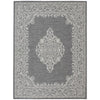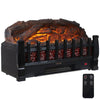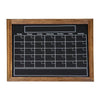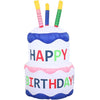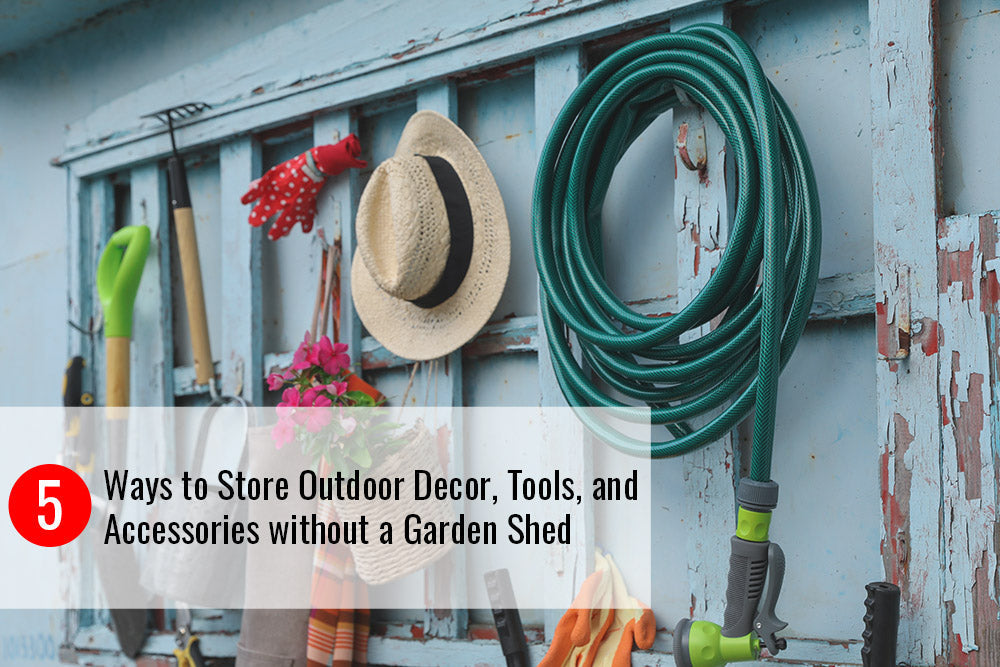During the long, cold months of winter, many bird lovers keep their bird feeders stocked full of seed to make it easier for their feathered friends to find food sources in the snow. However, during the summer season, nature is bursting with fresh fruits, seeds, and insects for them to eat. Does this mean that you should stop feeding the birds during the summer months? The answer may surprise you.
Should I Keep Feeding the Birds During the Summer?

There is a persistent myth out there that feeding the birds all year long will keep your birds dependent on the feeder for food, resulting in overfed, lazy birds. This is not true. In reality, birds only use feeders for approximately 25% of their overall nutrition and spend the rest of the time seeking out food sources in nature. In the summer, there are definitely more food options available in nature to choose from, but putting out a feeder will not cause them any lasting harm.
In fact, placing a bird feeder out during the summer can also lead to some helpful benefits for birdwatchers. During this time of the year, birds are actively nurturing their new families. Putting out feed can encourage birds to settle near your home and bird houses, so you can watch them raise their young. Plus, birdwatching during the summer months can be easier and more engaging than birdwatching in the winter. Because there is more sunlight, it’s easier to see and identify the birds based on their plumage, and there are more daytime hours to watch the birds come to your feeder. Here’s a few tips for summer feeding to create a positive experience for both you and your feathered friends.
5 Tips for Summer Feeding
Tip #1 Choose the Right Foods
Just like humans need proper nutrition, it is important to consider what foods are healthy for the birds during this time of year, especially given how many young birds will be frequenting the feeder. Avoid using bread or table scraps in your feeder, birds will fill up on this tasty treat but it won’t provide the nutrients they need. While an adult bird can have a bit of junk food here and there, it can be very harmful for the baby birds.
To learn more, check out our blog article, 5 Reasons Why You Should Not Feed Birds Bread.
Tip #2 Be Mindful of the Heat

Apart from making sure that the food you choose for your feeder is healthy, you should also make sure that it is capable of withstanding the heat. Certain types of food like peanut butter and suet can go rancid if it sits out in the sun all day which can make the birds sick. Instead, go for foods like fresh fruit, jelly (in a shallow jar), mealworms, and peanuts.
Tip #3 Keep The Seed Dry

Another weather factor that can affect your bird feeder is the amount of moisture in the air. With increased humidity and rainfall, bird seed can get damp which can cause mold. To keep your seed dry, frequently replace seed and only fill your bird feeders halfway to ensure that they are eaten quickly by the birds and avoid sitting long enough to develop mold.
Tip #4 Don’t Forget Water
Food might be plentiful during the summer months, but water is even more important. Birds need a fresh water source for drinking and bathing to prevent dehydration, especially during hot temperatures. Place a bird bath near your bird feeder and clean it regularly to ensure that the water is fresh. Try to avoid filling the bird bath with over three inches of water. This makes it easy for a variety of birds to access it and preen.
Tip #5 Be Aware of Bears

Even though feeding the birds during the summer can be a rewarding experience, there is one very valid reason to stop putting out feeders altogether, bears. Birds aren’t the only ones who like seeds, jelly, and fruit. If you live in an area where bears are active, it is wise to take your feeders down during the summer. After all, once a hungry bear finds a reliable food source they will keep coming back and that could put people, property, and pets at risk.
Feeding the birds is a helpful offer, even if it’s not crucial for their survival. This means that if you enjoy your feathered friends coming to visit every now and again, then by all means go ahead and feed them all year round.
For more information on wild birds, check out our Birds and Wildlife blogs.







